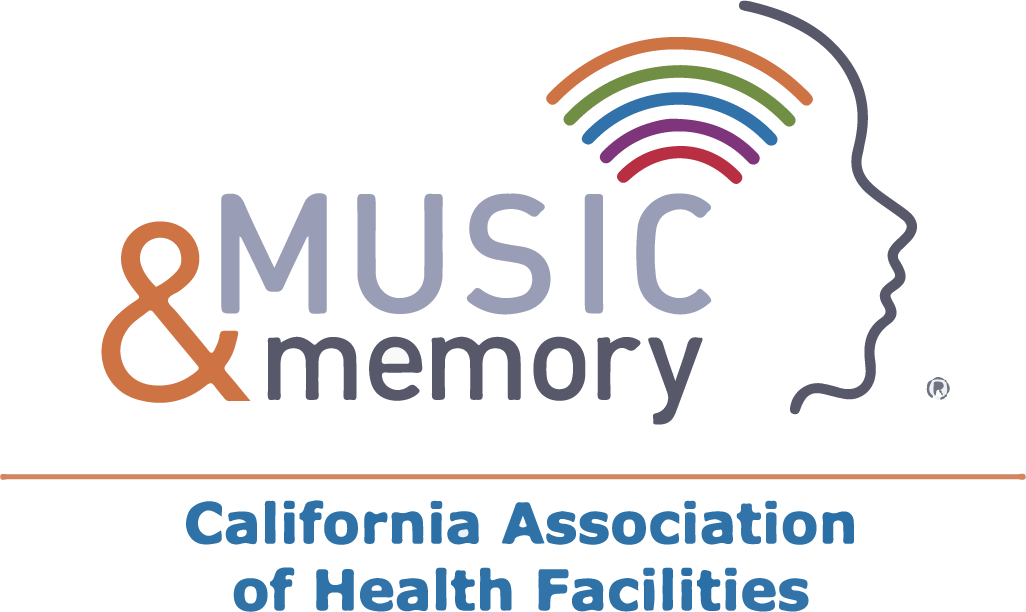FOR IMMEDIATE RELEASE
Contact Deborah Pacyna
Aug. 3, 2020 
SACRAMENTO, Calif. — In the most comprehensive study of its kind on the effects of the Music & Memory program, researchers from the Betty Irene Moore School of Nursing at UC Davis found personalized music reduced the amount of medication taken by nursing home residents and lessened their aggressive behaviors. The results were published today in the Journal for Post-acute and Long-term Care Medicine (JAMDA).
The study concluded use of antipsychotic drugs declined by 13 percent and anti-anxiety medications declined by 17 percent each quarter for residents with dementia using the music program. The odds of depressive symptoms decreased 16 percent per quarter and the odds of reported pain decreased 17 percent per quarter. In addition, the number of days on medications declined by 30 percent and aggressive behaviors reduced by 20 percent.
The three-year study of 4,107 residents in 265 California nursing homes coincided with a $1.4 million state grant administered by the California Association of Health Facilities which was designed to use personalized music to improve dementia care in skilled nursing facilities. The grant utilized a music program founded by Dan Cohen which trained nursing home staff, other professionals and family caregivers to create and provide personalized playlists using digital audio systems to enable residents with Alzheimer’s, dementia and other cognitive and physical challenges to reconnect with the world through music-triggered memories. On average, residents listened to their playlists two to three times a week for two hours or less each time.
“Our analyses are promising in several areas, particularly in reduction of psychoactive medications, improving mood and behaviors,” said Debra Bakerjian, a clinical professor at the School of Nursing and principal investigator of the study. “Based on these results, if I were to talk to a family member of a person with dementia, I’d tell them to get an iPod, put together a playlist and insist the nursing home allow your loved one to use this personalized music.”
“The results of the study are meaningful and encouraging for our residents and their families,” said DeAnn Walters, CAHF’s director of Clinical Affairs and Quality Improvement. “In addition, the power of personalized music gives our dedicated caregivers another important resource as they work to comfort and engage residents with dementia and other cognitive disorders.”
In addition to medication and behavior, researchers tested a UC Davis designed Quality Assurance Performance Improvement (QAPI) tool to support implementation of the program. QAPI is essentially a road map developed by the Centers for Medicaid & Medicare Services required by nursing homes to improve the quality of life, care and services for residents. Researchers also studied the organizational factors in the success or failure of the adoption and sustainment of the program in participating facilities.
Bakerjian said since California is a microcosm of the rest of the nation in terms of diversity, its population of older adults and the number of nursing homes that operate throughout the state, that the results from this study can have significant impact on every other state in the country.
---------------------------------------------------------
Media Contact for Betty Irene Moore School of Nursing
Rebecca Badeaux, Director for Strategic Communications
Phone: (916) 734-2410
Cell: (916) 751-0443